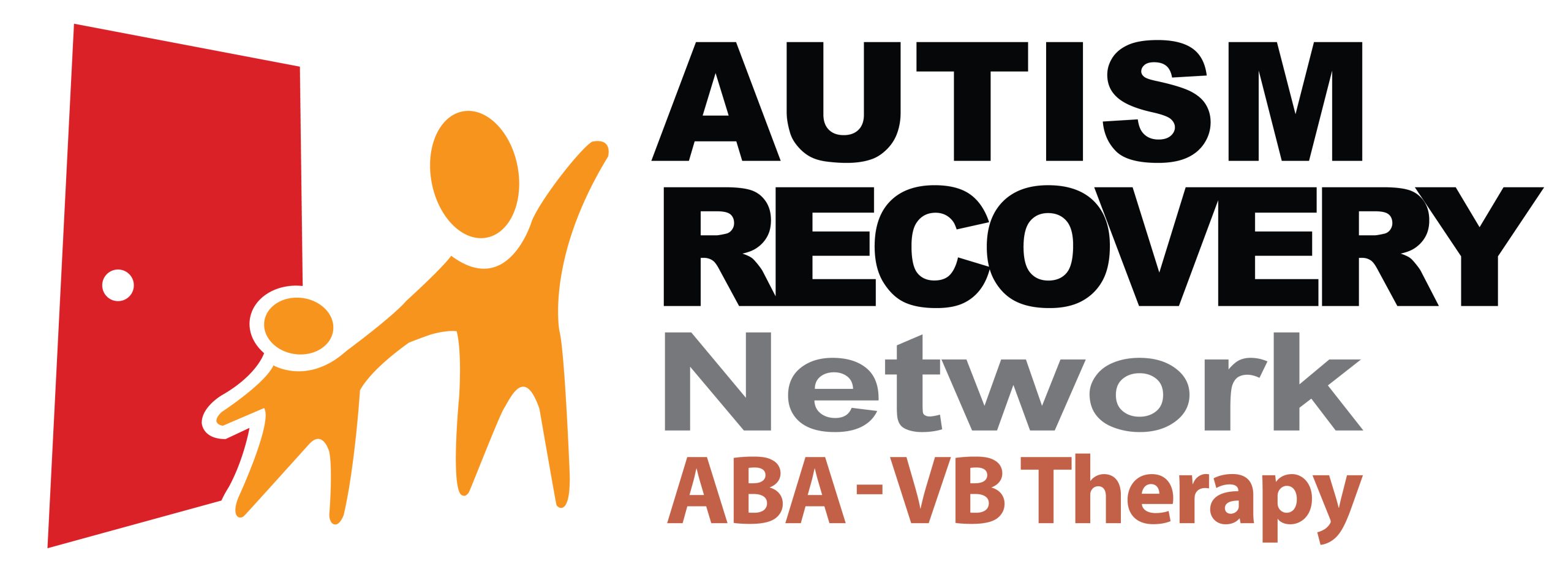An expert panel has started looking into how to implement the Singapore government’s measure to make it compulsory for all children with moderate to severe special needs to complete six years of primary education at publicly funded schools before they turn 15.
This new policy is expected to take effect from 2019, with these children most likely to be educated at Sped (special education) schools.
On the surface, extending compulsory education to all children with special needs should be a good idea. It not only ensures that no child gets left behind in the crucial stage of education and development, but it also reassures parents that their child would have a place in a society that is becoming more aware and accepting of those with special needs.
While parents of special needs children have welcomed the move, some are worried about the cost of special education for their children and whether the government would have subsidies in place to help low-income parents with the high school fees that could range up to hundreds of dollars a month.
However, what could be more worrisome than the monetary cost, however, would be the opportunity cost of choosing to educate their child at a SPED school.
Many of the children with moderate to severe special needs have autism spectrum disorder (ASD) and Applied Behaviour Analysis (ABA) therapy is the only consistently effective treatment for ASD.
ABA emphasises the teaching of specific language skills have helped many children overcome their developmental delays and learn the same academic skills as typical children.
Even though SPED educators are qualified teachers, they are not behaviour therapists. They may be able to control and manage the behavioural problems that are associated with ASD but they could not hope to address the underlying causes of these behaviours.
Without overcoming many of the behavioural and learning difficulties associated with ASD, there is an in-built limit to how much many of these children could actually learn in SPED schools.
Only when many of these behavioural and learning difficulties are treated could these children be able to realise their full potential.
Therefore, even if school fees at these SPED schools should become heavily subsidised by the government, parents still have to bear the opportunity cost of the valuable benefits that their children could have had undergoing ABA therapy if they choose to enrol their children in SPED schools.
At the end of the day, parents should consider and weigh their options carefully and choose what is best for their children.
Link: http://www.straitstimes.com/singapore/education/expert-panel-gets-cracking-on-the-hows

